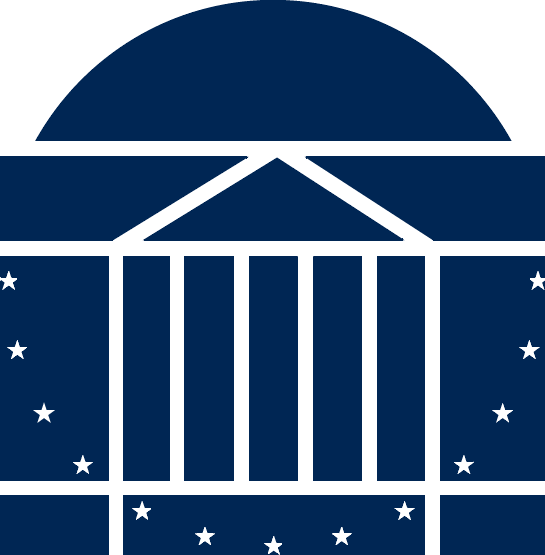Academic Genealogy
...a general method in which all truths of reason would be
reduced to a kind of calculation. At the same time, this
would be a sort of universal language or script, but infinitely
different from all those imagined previously, because its
symbols and words would direct the reason, and errors - except
those of fact - would be mere mistakes in calculation...
Wilhelm Leibniz (my academic great14-grandfather), 1685
Erhard
Weigel (Universitat Leipzig, 1634) advised:
Gottfried
Wilhelm Leibniz (Universitat Altdorf, 1666) who advised:
Jacob
Bernoulli (Universitdt Basel, 1684) who advised:
Johann
Bernoulli (Universitdt Basel, 1694) who advised:
Leonhard
Euler (Universitat Basel, 1726) who advised:
Joseph
Louis Lagrange who advised:
Simeon
Denis Poisson who advised:
Michel
Chasles (Ecole Polytechnique, 1814) who advised:
H. A. (Hubert
Anson) Newton (Yale, 1850) who advised:
E. H. Moore
(Yale, 1885) who advised:
Oswald
Veblen (University of Chicago, 1903) who advised:
Philip
Franklin (Princeton 1921) who advised:
Alan
Perlis (1922-1990, PhD MIT 1950, Mathematics) who advised:
Jerry Feldman
(1966) who advised:
Jim Horning (Stanford, 1969) who advised:
John Guttag
(University of Toronto, 1975) who advised:
David Evans (MIT PhD 2000) who advised:
Weilin Xu
(UVA PhD 2019; now at Intel)
Samee Zahur (UVA PhD 2016; now at Google)
Yuchen Zhou (UVA PhD 2015; now at Palo Alto Networks)
Yan
Huang (UVA PhD Fall 2012; now at Indiana University)
Karsten Nohl
(UVA PhD 2009; now
at Security Research Labs)
Nathanael Paul
(UVA PhD 2008; Oak Ridge/Univ. of Tennessee)
Jinlin Yang
(UVA PhD 2007; Microsoft → Snapchat)
 — Leonhard Euler
— Leonhard Euler
Life is good for only two things, discovering mathematics and teaching
mathematics.
Simeon Denis Poisson
In computing, invariants are ephemeral.
Alan Perlis
Sources:
Tao
Xie's Software Engineering Academic Genealogy (Evans — Perlis)
Mathematics
Genealogy Project (Perlis — Weigel)
